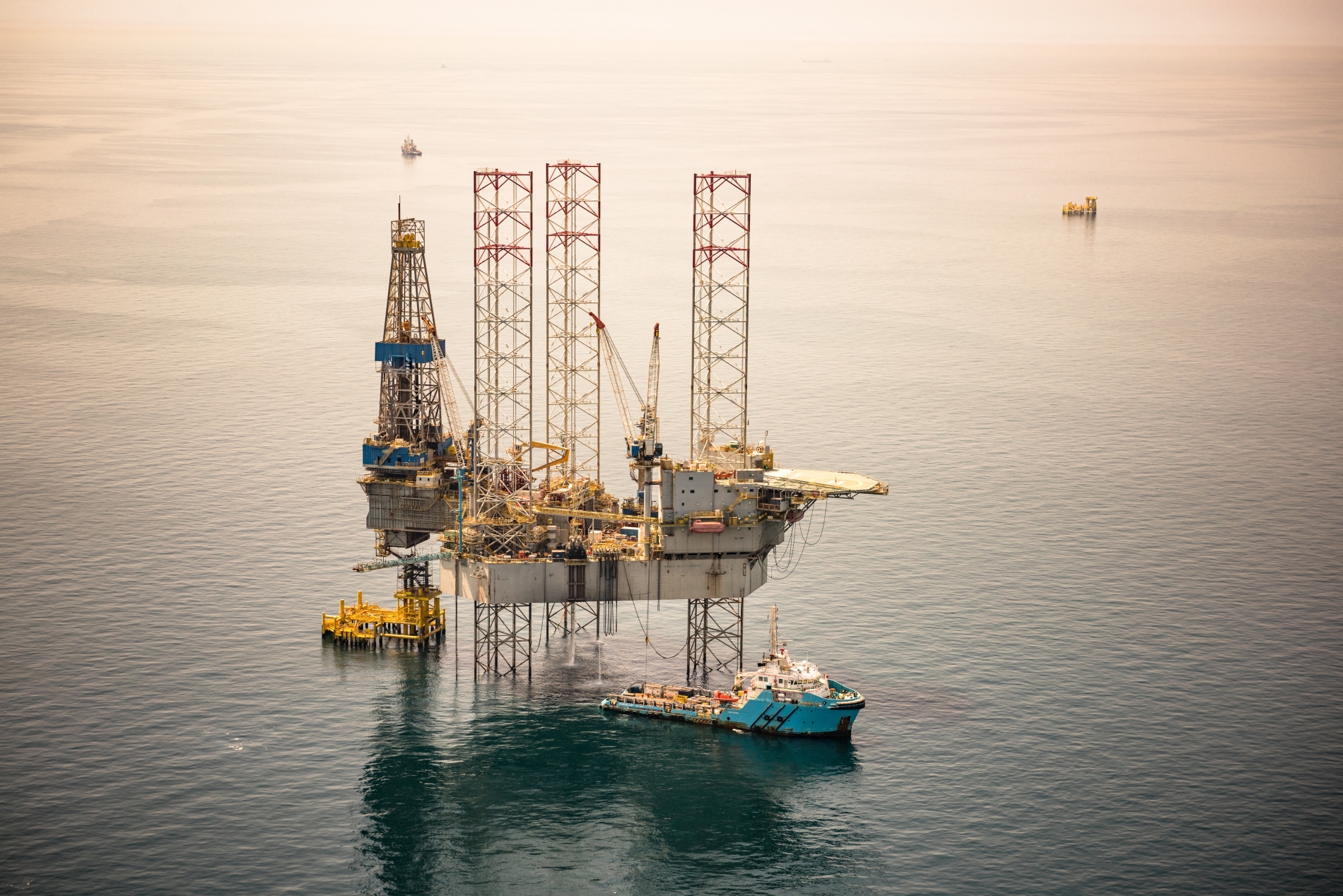Gulf states are not looking to pull their sovereign wealth funds and other investments in the United States amid the fallout from US President Donald Trump's global tariff war. Gulf countries have investments worth around $2tn in the US, approximately 50% of their total global portfolio.
But with Trump’s global tariffs set to slow down global growth, questions have been raised over the potential serious harm to sovereign revenues, which could, in turn, hinder development projects.
The scale of this exposure means it is essential to hedge against developments in US financial markets and others—whether in Europe or Asia—and monitor how these markets respond to tariff decisions and economic conditions worldwide.
Read more: Markets greet Trump’s tariffs with a blizzard of red numbers
When global stock indices decline, many investors and speculators panic and start liquidating assets, but this is unwise during short-term waves of selling.
Despite the volatility, Gulf sovereign wealth funds are expected to maintain their holdings of equities and bonds both in the US and elsewhere, as investment managers take a long-term approach.
Strategic planning
Nonetheless, it is crucial to think carefully and strategically about how to improve the performance of sovereign wealth funds and bolster financial sustainability, especially as oil revenues are expected to decline.

Conditions affecting investment decision-making may change, not least over the size of the next round of increased tariffs, which are currently on pause, should they be applied. The full reaction will also have to reflect the actual impact on the US economy—via inflation, monetary policy or rising unemployment—when it becomes apparent.
Trump hopes his tariffs will encourage industrial companies to build factories in the US and create jobs, especially in the so-called Rust Belt States, which tend to be Republican. Even if these hopes materialise and domestic industrial investment increases, it will take time—probably extending beyond Trump’s term in office.
How it works
Gulf sovereign wealth funds typically don't invest directly in US industries. Instead, they invest through secondary mediums such as equities, financial market-indexed investments, and government bonds.
Nevertheless, Gulf officials worry that tariffs on other countries could slow economic performance and lead to recession and inflation—a condition referred to as stagflation. This would undoubtedly destabilise financial markets and put downward pressure on asset prices, thereby exposing sovereign funds to significant risks.
Weighing risks
The crisis caused by Trump’s trade war and its tariffs is undoubtedly severe, as was the market reaction. Hedging funds against risks and maintaining investment stability without liquidating assets requires appropriate strategies and prudent risk management.
The good news is that Trump's 90-day pause has given countries and financial markets at least some time to adapt to the next round, and talks over the levies are ongoing.












